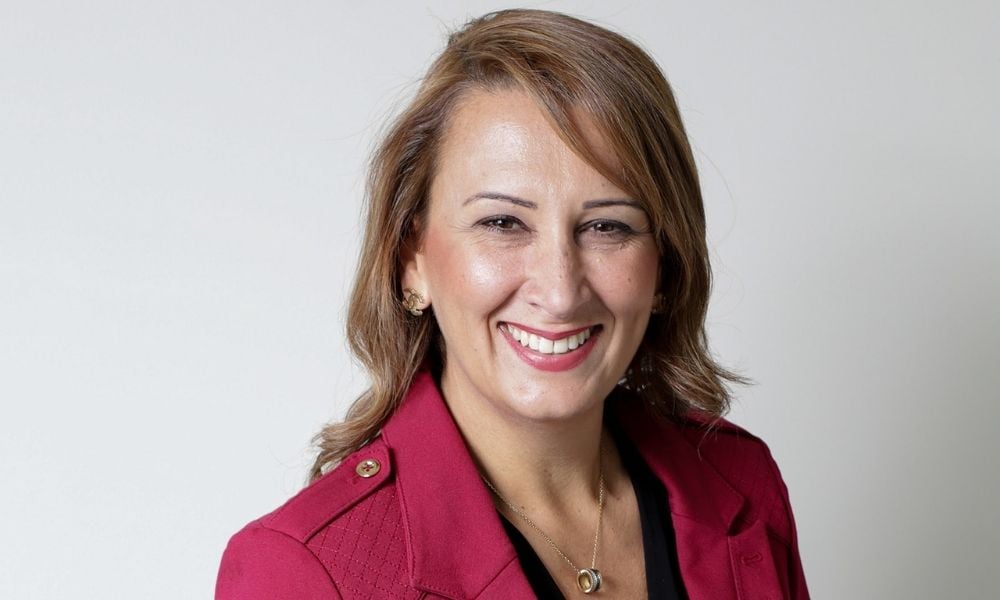Diversification can help businesses grow market share

There's a bit of a myth or a belief that brokers should focus on one type of lending.
“Don’t diversify,” the myth suggests. “Just focus on one thing and do that well, rather than trying to learn all types of lending.”
While there is some wisdom in doing what you do well and mastering it, in broking, and certainly when we talk about the broking businesses of the future, we really can't be taking a product approach.
Instead, we need to be thinking about solutions.
Those solutions exist for customers who have a range of needs and finance problems to be solved. With fintechs and many other players also entering the market offering business solutions and fast turnarounds, the brokers who want to build sustainable futures must be open to the myriad solutions open to brokers today.
Placing yourself in service of your client
This is not just about diversifying and making more income, although that is a valuable benefit of diversifying your offering as a broker. Rather, this is about the broker being there for the full life cycle of their customer, especially those business customers. It's about relationships and solutions.
A broker is not doing enough if they are just filling an immediate need or helping with only one transaction. Brokers need to really deep dive into knowing their clients: what do they want to achieve in the future? When you get to know your customer and learn their story – when you really listen as they tell their story – then you’ll gain a full understanding of what the client is about, what makes them successful, who are they and what their goals are.
Brokers are valuable in this instance because when a client deals directly with a bank or lender, and they are put through to a call centre, they are going to get transactional lending. Call centre service representatives are not necessarily trained, nor do they have the capability, to spend the time and invest multiple hours to work with the customer over the long term.
As a broker, you have a unique ability to place yourself in service of the client and ask the questions that help to get to the core of the customer’s needs. We get to ask questions about what led the person to build their business in the first place? What clients do they attract? Why are they successful compared to their competitors, or why are they unique in their industry?
Big opportunities to achieve more market share
With the resources available to brokers today, there is no reason why brokers can't achieve 50% market share in commercial lending in half the time it took to achieve 50% market share in residential lending.
A lot of the groundwork has already been done. Clients already have trust in the broker network, as witnessed by the growth in residential market share at almost 67%.
So what is stopping those in the industry from broadening their scope into commercial lending? Typically, brokers don't dabble in commercial lending due to fear, the unknown, not knowing the answers and looking incompetent to their clients. They question their level of competence and their capability around commercial lending.
For some brokers, they find their competence and capability is limited to property-backed transactions where the self-employed applicant is buying a commercial property to operate from. This is the maximum extent some brokers are comfortable to work with, when it comes to commercial lending.
On the other hand, development finance and commercial property investment loans have a higher level of complexity when it comes to analysing financials, structure and policy. All loans that fall under the commercial umbrella require a certain level of expertise, and improving your exposure and capability over time will help you gain confidence.
So where and how do brokers get started to build confidence and get educated on commercial lending? There are a range of ways to get started:
- From the lender: many commercial lenders offer a lot of education that is skill-based, not product or policy specific, such as how to read financials, how to put a commercial credit submission deal together, how to get started with questions to ask the client. These usually only require time and are offered complimentary by these lenders.
- From industry associations: The industry associations offer complimentary content and masterclasses in commercial lending.
- Formal education: There are also structured and formal education pathways that require a financial investment, such as the CAFBA - Cert IV in Commercial Lending . This is a great enhancement to your residential Cert IV in Mortgage Broking formal qualification.
Sourcing out the education isn't as difficult as you might think, and it starts by you being open to your ongoing development and education. It's what you then do with that education that sets you apart from other brokers and in the offering you can provide to your clients.
Overall, diversifying into the commercial space can help you keep your clients for the long term.
You’ll build a business that enjoys overall better retention rates, less clawback and stickier clients. And as a trusted advisor, you’ll be there for the full client financial journey, facilitating the money to help your client achieve their goals.
Nancy Youssef (pictured) is a multiple award-winning finance strategist, business mentor, author, speaker and philanthropist. She’s also the founder of Classic Finance and Classic Mentoring & Coaching.



